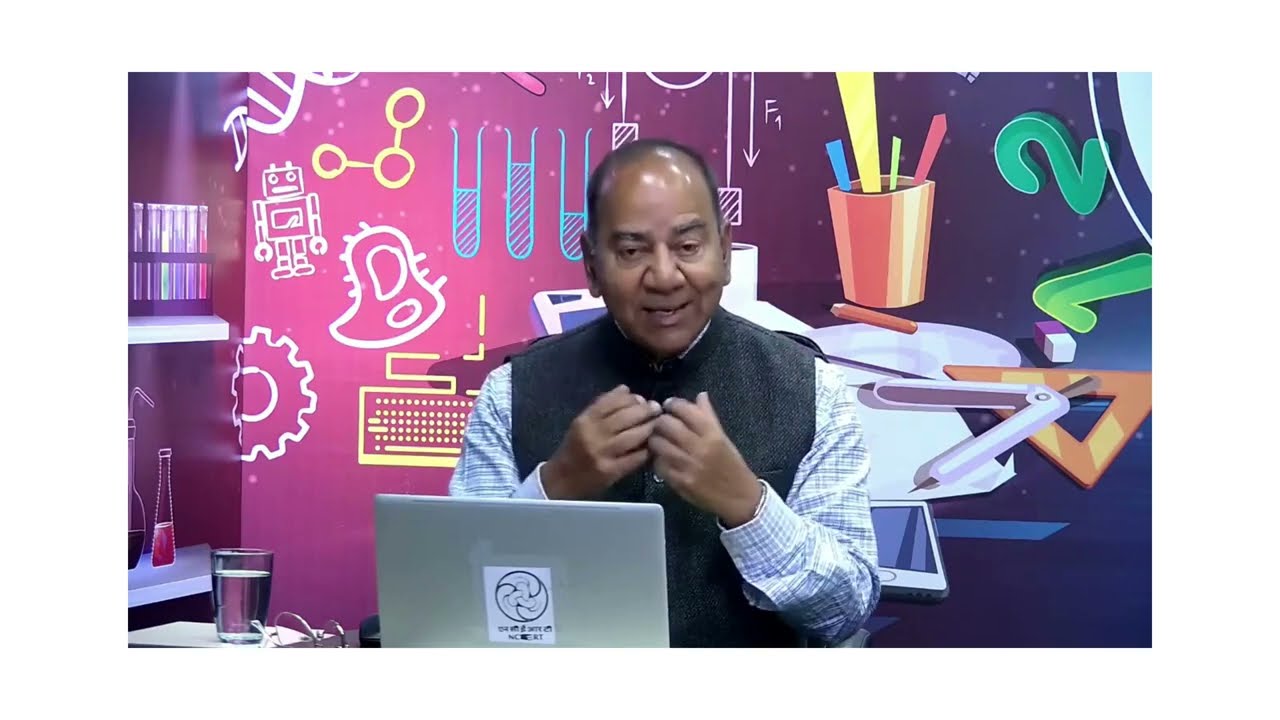The Power and Beauty of Water with Arundeep Ahluwalia
Lollyakka March 18, 2023, 3:39am #1
Asli Taleem on water
If one listens through patiently - this is quite a comprehensive and good coverage - useful resource to share with educators and community workers -
